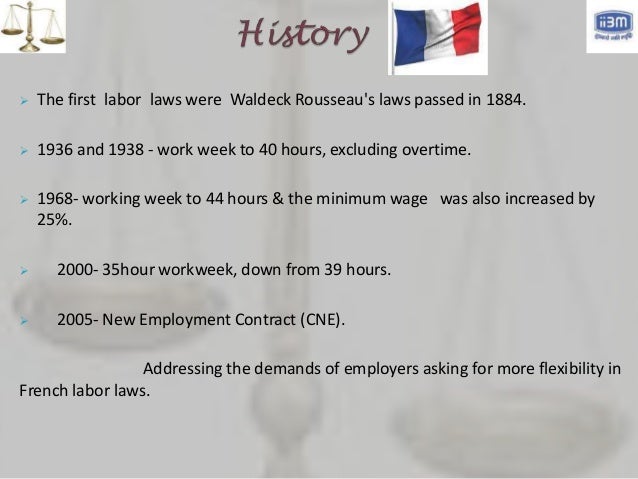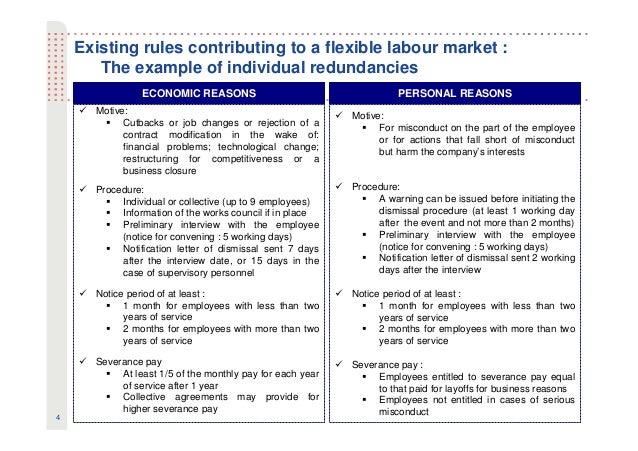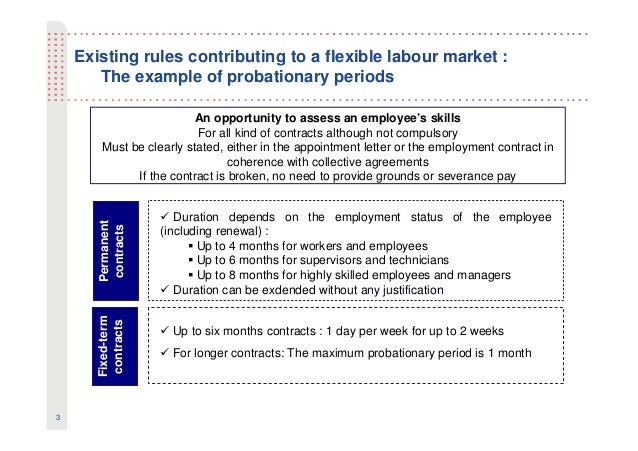French labour law
In France called labor law ( droit du travail ), the rules of law that apply to the individual and collective private law relationships between employers and their paid employees.
The main legal source of labor law is the Code du travail from 1910, which was last comprehensively reformed in 2008. There are also numerous special laws and collective agreements. For labor, a dedicated labor courts in France. Freedom of contract is restricted in many points. For example, the rules on the statutory minimum wage, the SMIC is mandatory in nature.
Also on Labour count in French and European Community law the right to social security ( droit social), which is referred to under German law as a social right. There is disagreement, however, whether the right to social assistance ( aide social) would be expected to labor law.
History
The origins of today's French labor laws go back to the French Revolution. 1791 abolished the compulsory guilds in France and the guilds prohibited by law, who had governed the employment relationship between workers and masters in many industries to date. Launched in 1804 by Napoleon Civil Code is strongly influenced by the liberal spirit of the French revolution, leaving the parties to the employment contract, in accordance with the principle of private autonomy to determine the contractual terms themselves. However, due to the industrial revolution, the negotiating power shifts strongly in favor of the employers, the workers can dictate the contract terms free. The consequences are disastrous Arbeitsbeitsbedingungen of the proletariat, which seeks to improve slightly by a first social law regarding the work of women and children in 1841, the French State. But only at the time of the Third Republic, a notable Labour developed. An important step is the creation of a labor inspection in 1874, which allows the verification of compliance with the law, and a law of the same year, which again improve the working conditions of women and children aims. Other important steps are the right to form trade unions (1884), the introduction of a statutory accident insurance (1898), and the introduction of the Code du travail (1910). 1919, the 48 -hour week (8 hour day ) is introduced, as well as collective agreements are defined by law. Under the Popular Front with Léon Blum as Prime Minister of the French labor is further improved: In 1936 the 40 -hour week is introduced, as well as each employee was first granted the right to paid holidays. After the Second World War announces the preamble of the Fourth Republic, which still belongs to the bloc de constitutionnalité, in addition to the polititschen rights and social rights and makes France an indivisible, secular, democratic and "social" republic. In 1950, an area-wide minimum wage is introduced, the SMIG, a precursor of SMIC. After the May 1968 riots see the unions, after negotiations with the government and employers' associations, strengthened its role within the company.










